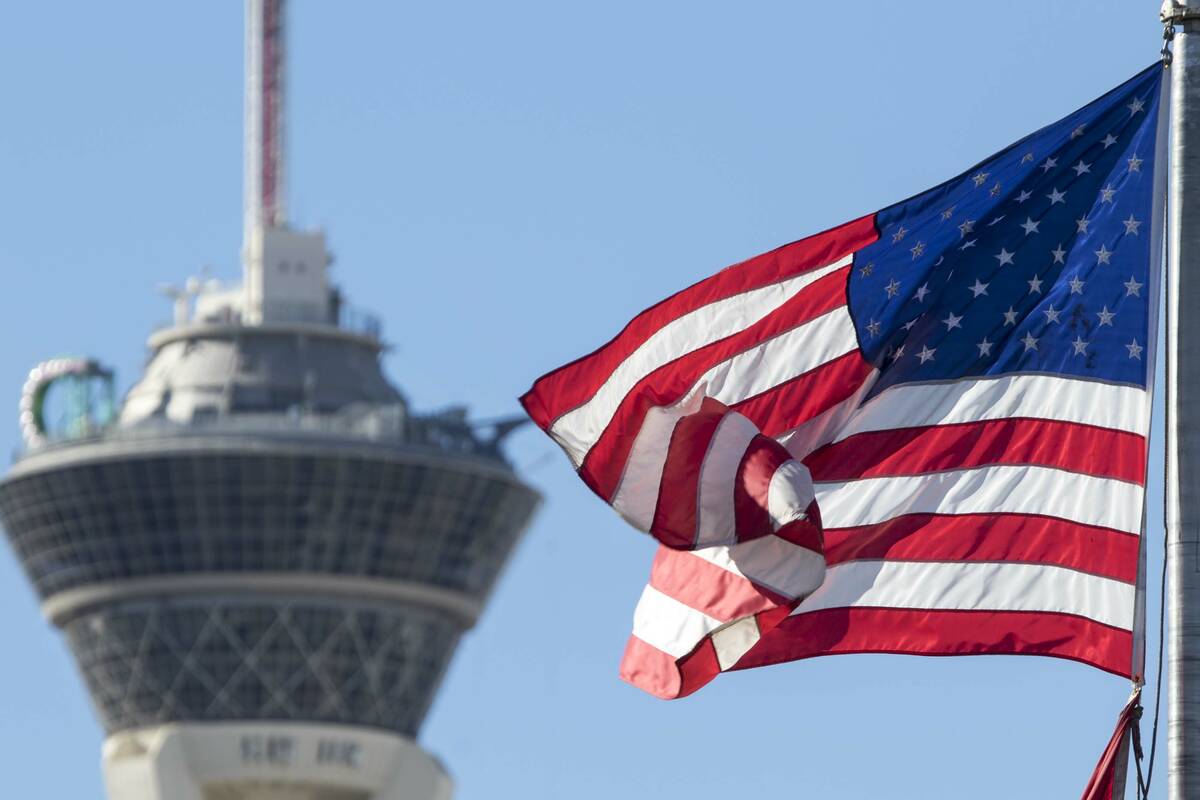Labor Day in the United States serves as a tribute to the contributions of workers, marked by festivities and a sense of unity across various sectors. Unlike its European counterpart, which traces its origins to the socialist movements of the late 19th century, the American observance of this holiday reflects a more conciliatory history. According to Julia Vitullo-Martin, editor of “Breaking Away: The Future of Cities,” the roots of Labor Day reveal significant differences in how labor movements have evolved on either side of the Atlantic.
The European celebration was first established during the First Paris Congress of the Second Socialist International in 1889. The socialists advocated for a May 1 holiday and emphasized disruption as a central aspect of the celebration. This initiative aimed to galvanize workers, excluding business owners and capitalists from the narrative. In contrast, the American labor movement, while not without its struggles, generally fostered a more cooperative atmosphere.
On September 5, 1882, the first Labor Day parade took place in New York City, organized by pioneers Matthew Maguire and Peter J. McGuire. Their efforts were notable for promoting a peaceful demonstration of solidarity rather than conflict. By 1894, President Grover Cleveland had signed a bill designating Labor Day as a national holiday, reinforcing the notion that this celebration could embrace all classes and political views.
The American approach to Labor Day includes various activities such as picnics, parades, and baseball games, showcasing a spirit of camaraderie rather than confrontational politics. Vitullo-Martin suggests that this festive atmosphere stems from a shared understanding of the value of labor across societal lines. In contrast to the European labor movement’s dichotomy of workers versus employers, American labor leaders like George Meany urged workers to remain nonpartisan and focus on cooperative growth.
American workers recognized early on that their efforts directly contributed to their employers’ successes. This realization has led to a gradual decline of confrontational union practices traditionally seen in the private sector. The collapse of bureaucratic socialism in various parts of the world starkly contrasts with the material well-being experienced by even the lowest-paid workers in the United States. This prosperity, often unimaginable in societies characterized by collectivism, underscores the pride Americans take in their labor achievements.
Labor Day is not merely a long weekend; it serves as a reminder of the hard work and dedication that have shaped the country. As Americans celebrate this holiday, they honor not only their past but also the ongoing contributions of workers who continue to drive progress and innovation. The spirit of Labor Day, with its roots in both conflict and cooperation, is a testament to the enduring legacy of those who have built and continue to build the nation.
